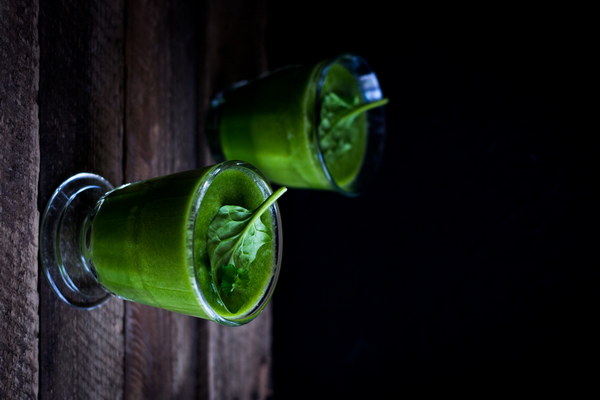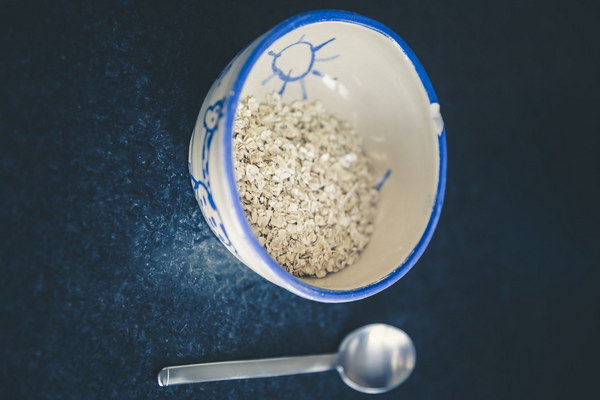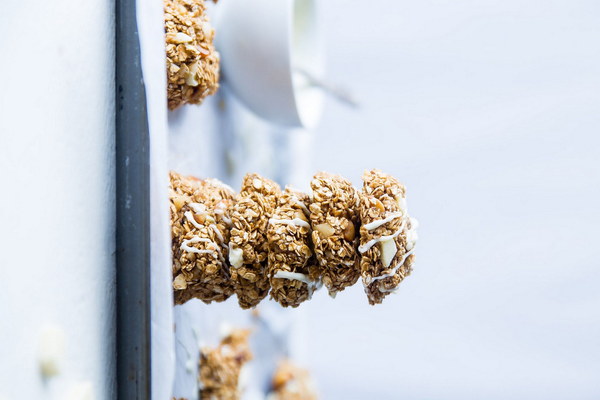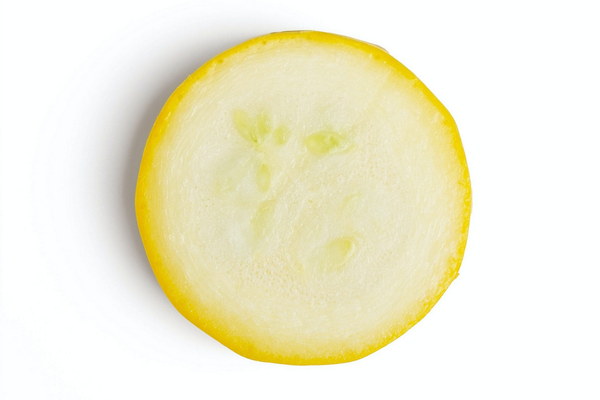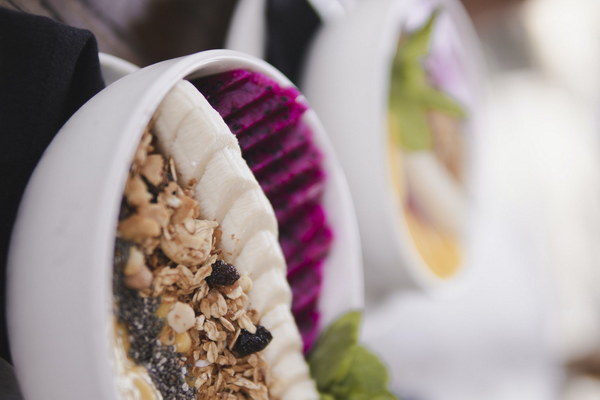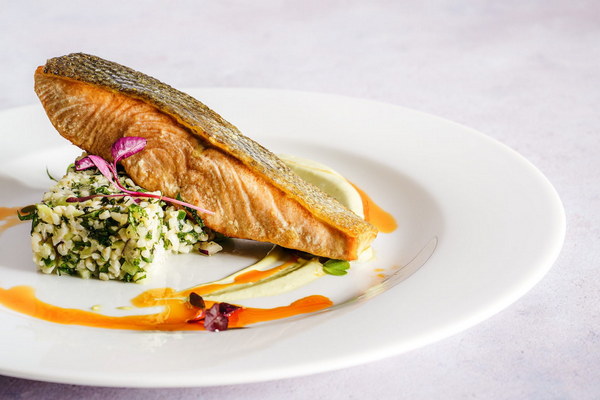Unlocking Health Beijing's Time-Honored Remedies for Traditional Chinese Nutrition
In the bustling heart of Beijing, where modernity meets tradition, lies a treasure trove of ancient wisdom in the form of health-boosting food-based remedies. These traditional Chinese nutrition methods, known as Shi Bu or Food Tonics, have been passed down through generations, offering a natural and holistic approach to wellness. Here's a closer look at some of Beijing's most cherished and effective food tonics.
1. Ganmao (Eating to Strengthen the Lungs)
The ancient Chinese believed that the lungs were vital for maintaining good health. To bolster lung function, they recommend foods such as goji berries, walnuts, and dates. Goji berries, also known as wolfberries, are rich in antioxidants and are believed to enhance the immune system. Walnuts, on the other hand, are a powerhouse of omega-3 fatty acids, which can improve respiratory health. Dates, with their sweet and nourishing properties, are often eaten as a snack or incorporated into desserts.
2. Yuanyang (Balancing Yin and Yang)
According to traditional Chinese medicine, the balance of Yin (cool, calming) and Yang (hot, energizing) is crucial for overall health. Foods that help achieve this balance include:
- Yin Foods: Melons, cucumbers, and peaches are cooling and can help soothe the body during hot summer months. These foods are believed to nourish the heart and lung systems.
- Yang Foods: Hot peppers, ginger, and garlic are warming and can stimulate circulation. They are often consumed in the winter months to ward off the cold.
3. Zangfu (Nourishing the Internal Organs)
In traditional Chinese nutrition, it's essential to nourish the internal organs, as they are believed to be the foundation of health. Here are some organs and the corresponding tonics:
- Heart: Dates, red dates, and hawthorn berries are known to nourish the heart and improve blood circulation.
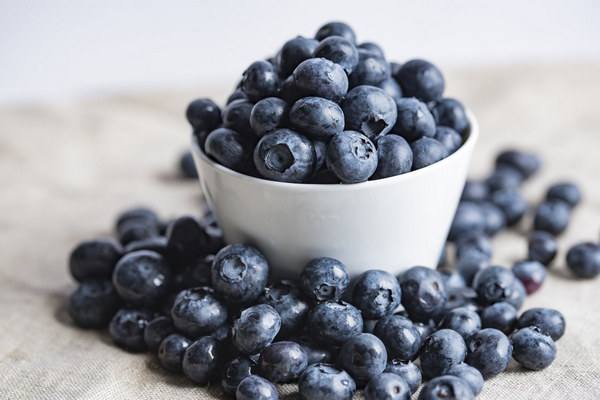
- Kidneys: Goji berries, black beans, and walnuts are believed to strengthen the kidneys and enhance vitality.
- Liver: Green vegetables such as spinach and kale, as well as foods rich in vitamin E, such as almonds, are thought to support liver health.
4. Seasonal Eating
Another cornerstone of traditional Chinese nutrition is seasonal eating. Each season has specific foods that are believed to be most beneficial for that time of year. For example:
- Spring: Fresh vegetables and fruits, like asparagus and strawberries, are recommended to cleanse the body and support the liver.
- Summer: Cooling foods like watermelons, tomatoes, and cucumbers help to prevent heat-related illnesses.
- Autumn: Foods like pears, persimmons, and chestnuts are believed to nourish the lungs and respiratory system.
- Winter: Warming foods such as root vegetables, soups, and stews can help maintain energy levels and protect against colds and flu.
Conclusion
Beijing's traditional Chinese nutrition methods offer a wealth of wisdom that can be easily incorporated into a modern lifestyle. By focusing on the balance of Yin and Yang, nourishing the internal organs, and following the principles of seasonal eating, individuals can unlock the door to improved health and well-being. So, the next time you find yourself in the heart of Beijing, take a moment to appreciate the ancient art of food tonics and consider adding some of these time-honored remedies to your diet.
